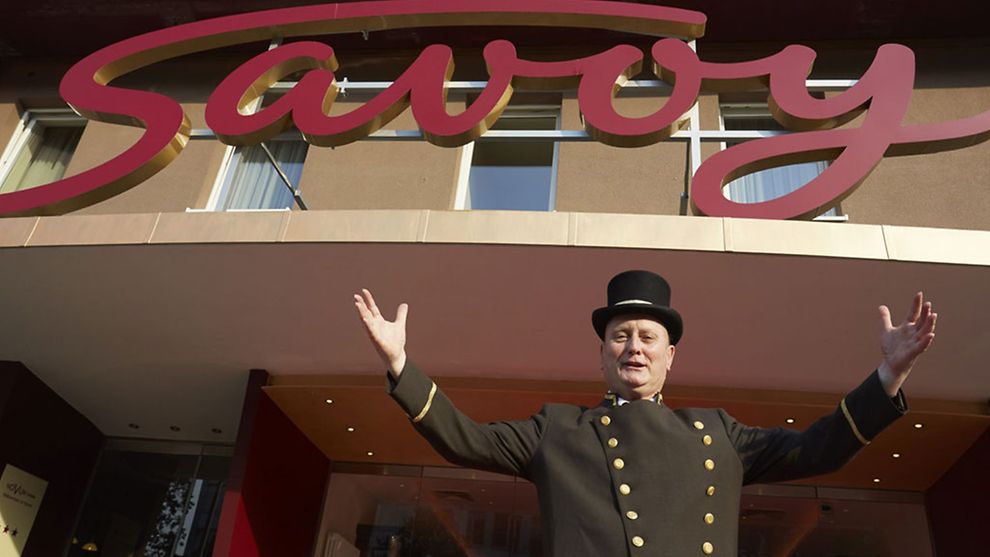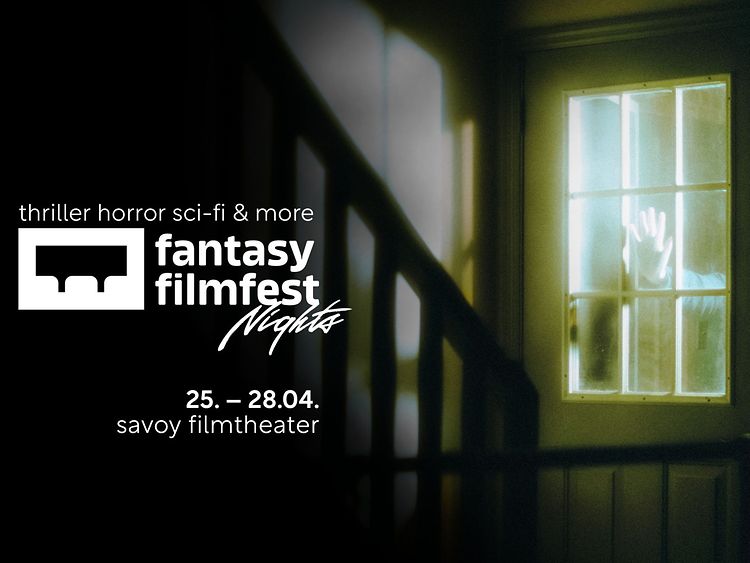Want to see a film in Hamburg? There are a few peculiarities and details about going to the cinema in Germany that you should know about.
Language
There are two kinds of countries in the world ― the kind that dub foreign films and the kind that don’t. For a long time Germany was strictly the former, but in recent years watching films in their original language has become increasingly popular ― especially when that language is English. While the majority of cinemas still mostly screen films dubbed in German, it has never been easier to find movies in their original language.
But with so many options (dubbed vs. undubbed, subtitles vs. no subtitles ― not to mention which language the subtitles are in!) it can be a little difficult to know what’s what. Luckily there’s a system in place ― you just need to know the right terms.
OV (Original Version): This screening will have no changes whatsoever. No dubbing, no subtitles (unless they’re part of the original film).*
OmU (Original mit Untertiteln): Meaning ‘original with subtitles’, OmU films have the original audio* along with subtitles. Unless otherwise specified, assume these subtitles are German.
OmdU (Original mit deutschen Untertiteln): Less common than the OmU abbreviation, OmdU ― meaning ‘Original with German subtitles’ ― is most likely to be found at film festivals where some films might have subtitles in other languages (usually English).
OmeU (Original mit englischen Untertiteln): Occasionally you’ll find films with English subtitles, whether special screenings of German movies for non-German-speaking audiences or at film festivals which often draw international crowds.
DF (Deutsche Fassung): Meaning ‘German Version’, DF specifies that a film is dubbed into German. Most mainstream cinemas won’t bother with this abbreviation, and you can assume that a given film is dubbed unless otherwise specified. But smaller theatres showing a mix of dubbed and undubbed films will often use DF for added clarity along with other abbreviations.
*Sometimes the original language will be specified along with the OV or OmU abbreviation, so you will know if a film is, for example, in English, Portuguese, Turkish or Mandarin. But other times, you may need to look up films you haven’t heard of on Wikipedia or IMDB to check the original language ― especially if the cinema in question uses films’ German titles, which can be hilariously confusing.
Ratings
Like most countries, Germany has a system by which a film’s appropriateness for different age groups is assessed. Participation in the Freiwillige Selbstkontrolle der Filmwirtschaft (lit. ‘Voluntary Self-Regulation of the Film Industry’ or FSK) is voluntary, and a film may choose to go without a rating (which will automatically bar minors from screenings). A film’s rating is legally binding in terms of who may attend in the cinema.
Families and young people under 18 should be aware of Germany’s rating system so as not to be surprised by restrictions when purchasing tickets:
FSK 0 (white sign) ― No age restriction.
FSK 6 (yellow sign) ― Approved for ages 6 and up. No admission to children under 6.
FSK 12 (green sign) ― Approved for ages 12 and up. Children ages 6-11 years admitted only with parental accompaniment.
FSK 16 (blue sign) ― Approved for ages 16 and older. No one under this age admitted.
FSK 18 (red sign) ― No youth admitted. Adults only.
Assigned seats
Depending on your home country, you may be used to selecting a seat once you enter the cinema hall, popcorn in hand, ready to sit down. While this is occasionally the case in Germany (know as 'freie Platzwahl'), more often than not seats are numbered and assigned ahead of time, like at the ballet or theatre. While this system may seem strange at first if you aren’t accustomed to it, you’ll soon realise its advantages, including the ability to select seats ahead of time online and skip the ads before the film without fear of missing the good seats.
Popcorn, drinks and snacks
What’s watching a film without crunchy popcorn and a cool drink? Germans agree, but the details might not be entirely what you’re used to. For example, popcorn is predominantly a sweet treat. Unless you specify that you want it salzig (that’s ‘salty’), you’ll get popcorn covered generously in sugar. While some Germans might find it sacreligious, the adventurous among us can request süß und salzig gemischt ― sweet and salty popcorn mixed together.
Germany certainly doesn’t have the restrictive attitude towards alcohol that some countries do. In addition to the usual sodas and soft drinks, you can also get beer at almost every cinema, and many have wine, longdrinks and even cocktails as well.
Finally, don’t be surprised if after the previews the lights in the cinema come back up briefly before the film starts. While this doesn’t happen much anymore, some cinemas still have a short pause built into their programme as a holdover from the days when employees used to roam the aisles selling ice cream before the film started.









